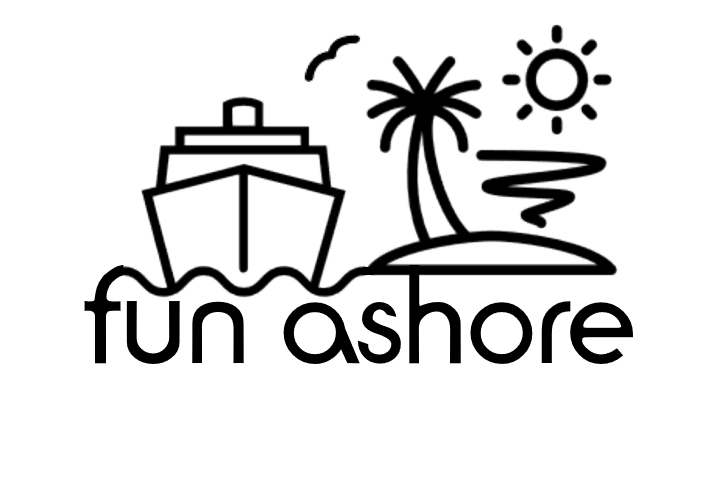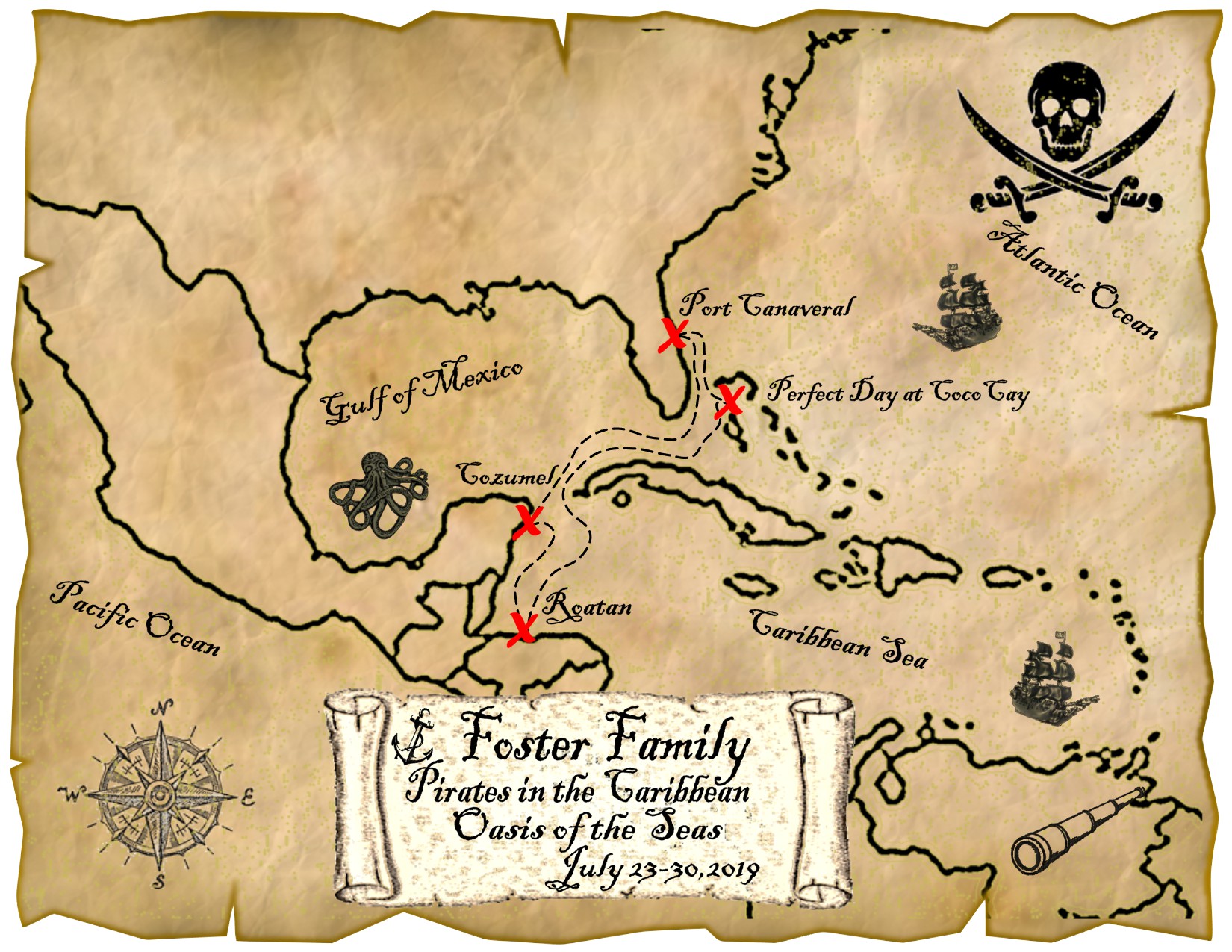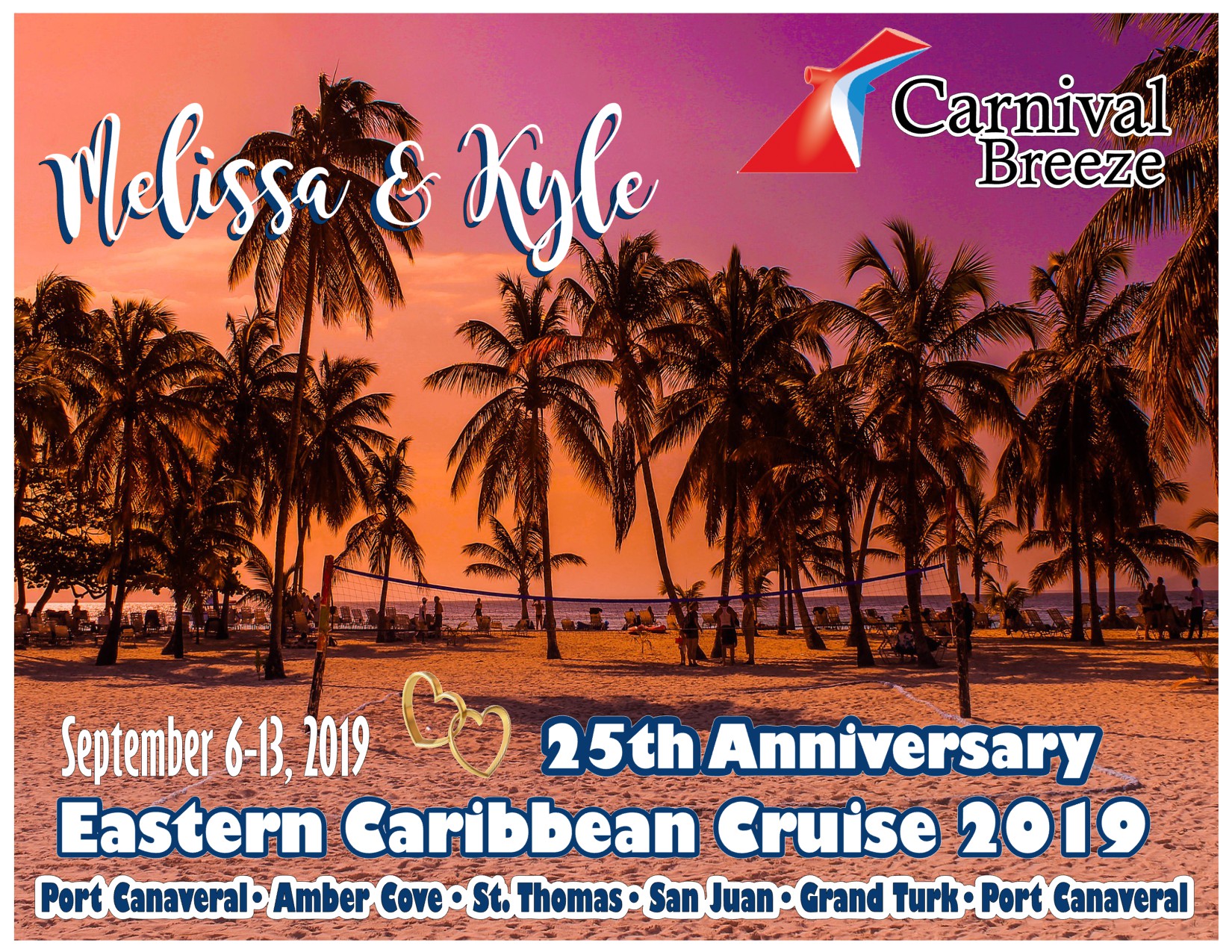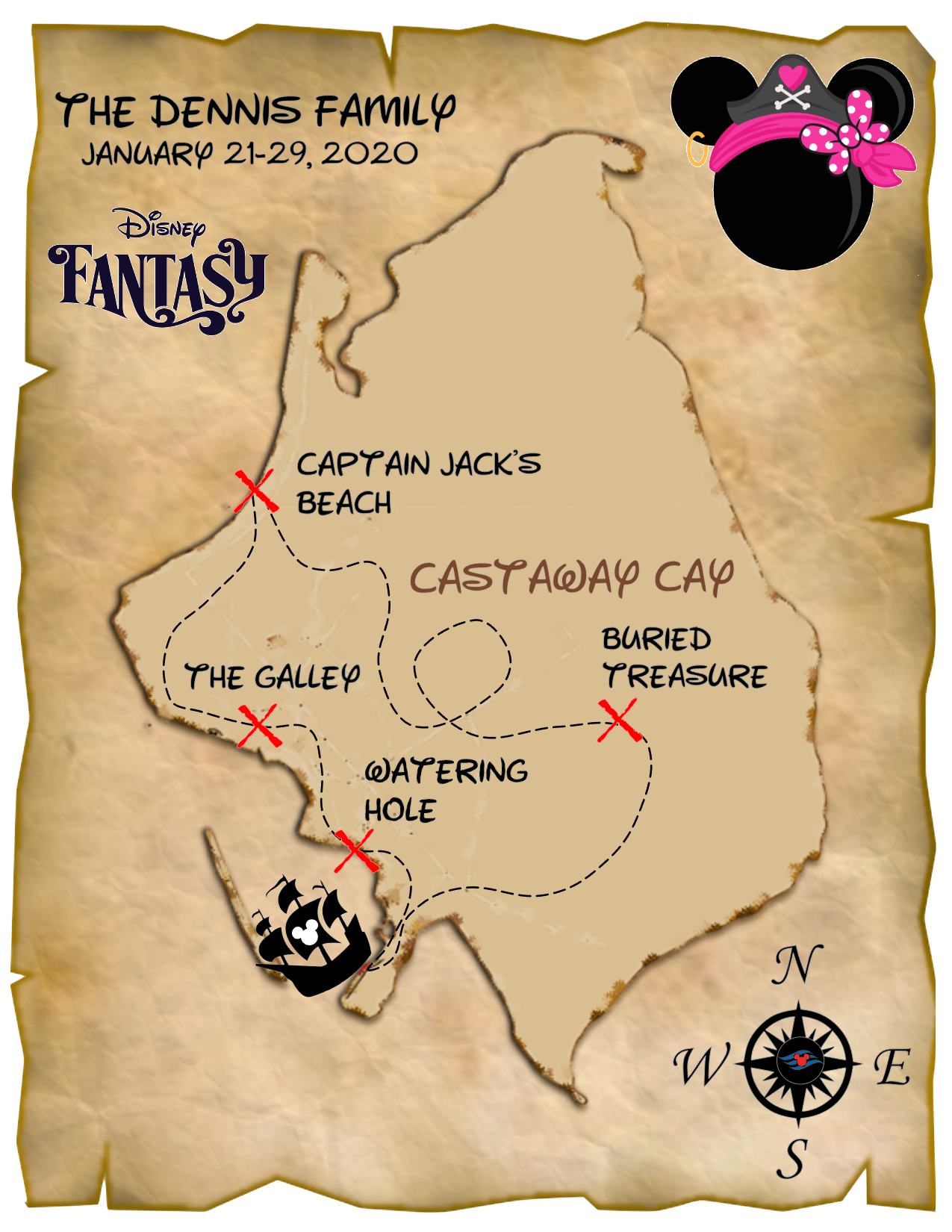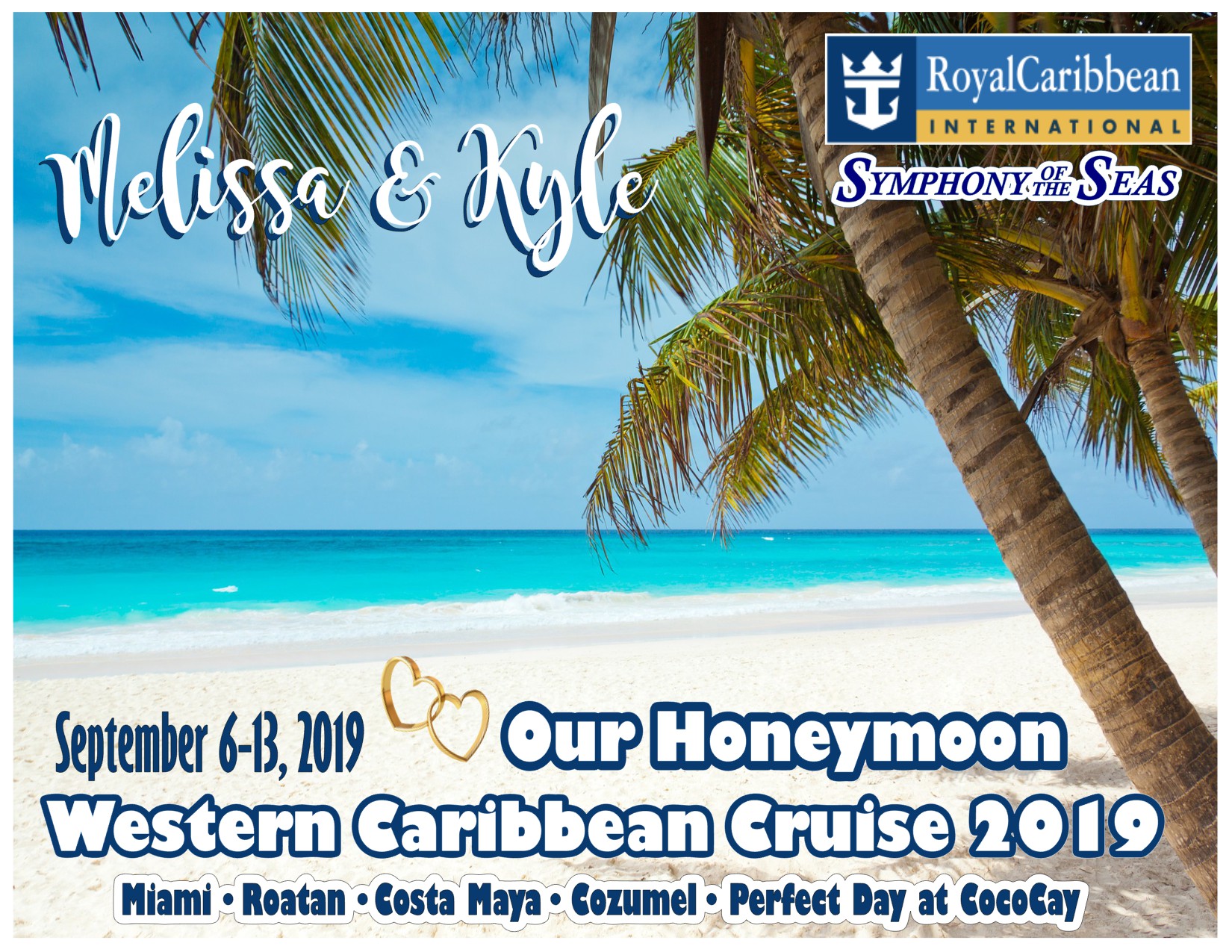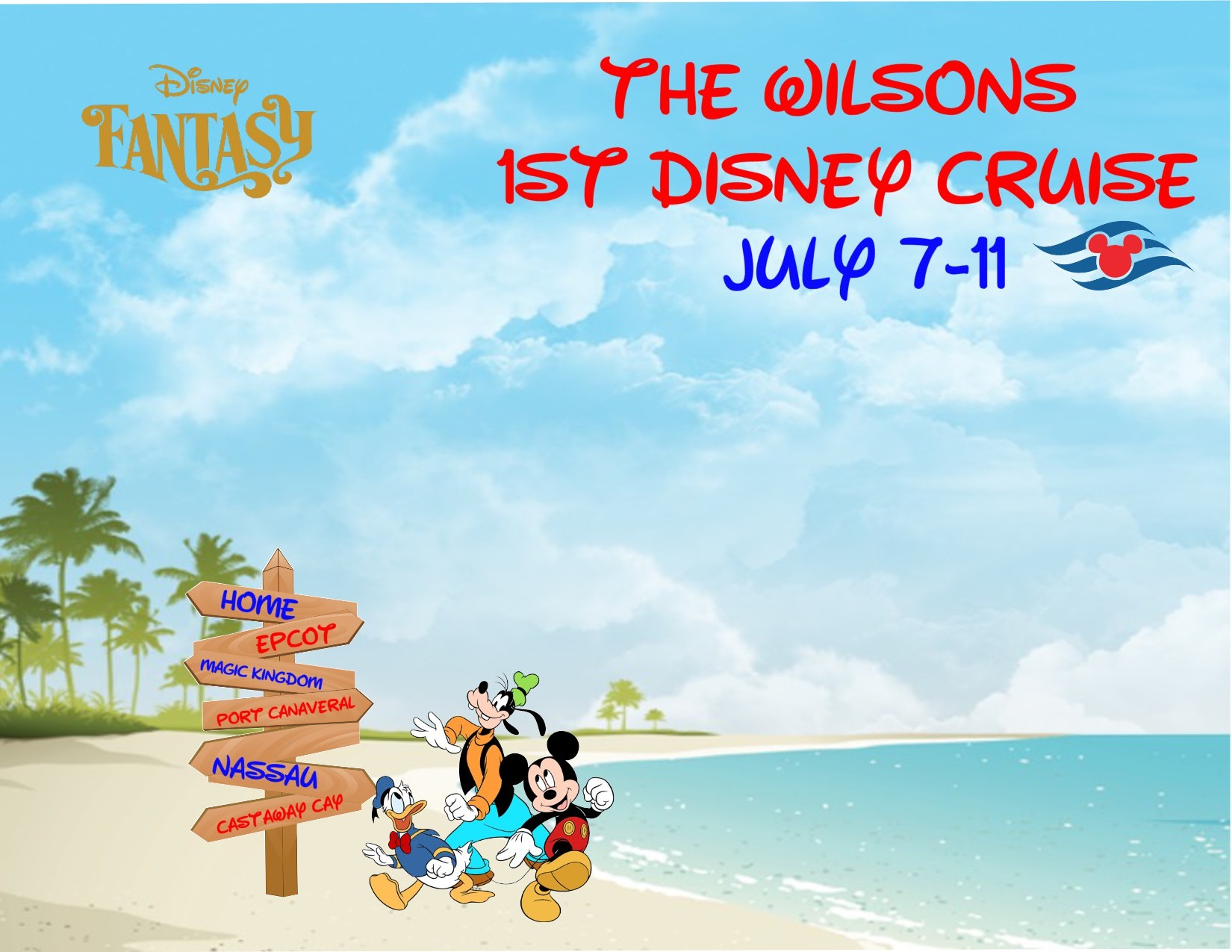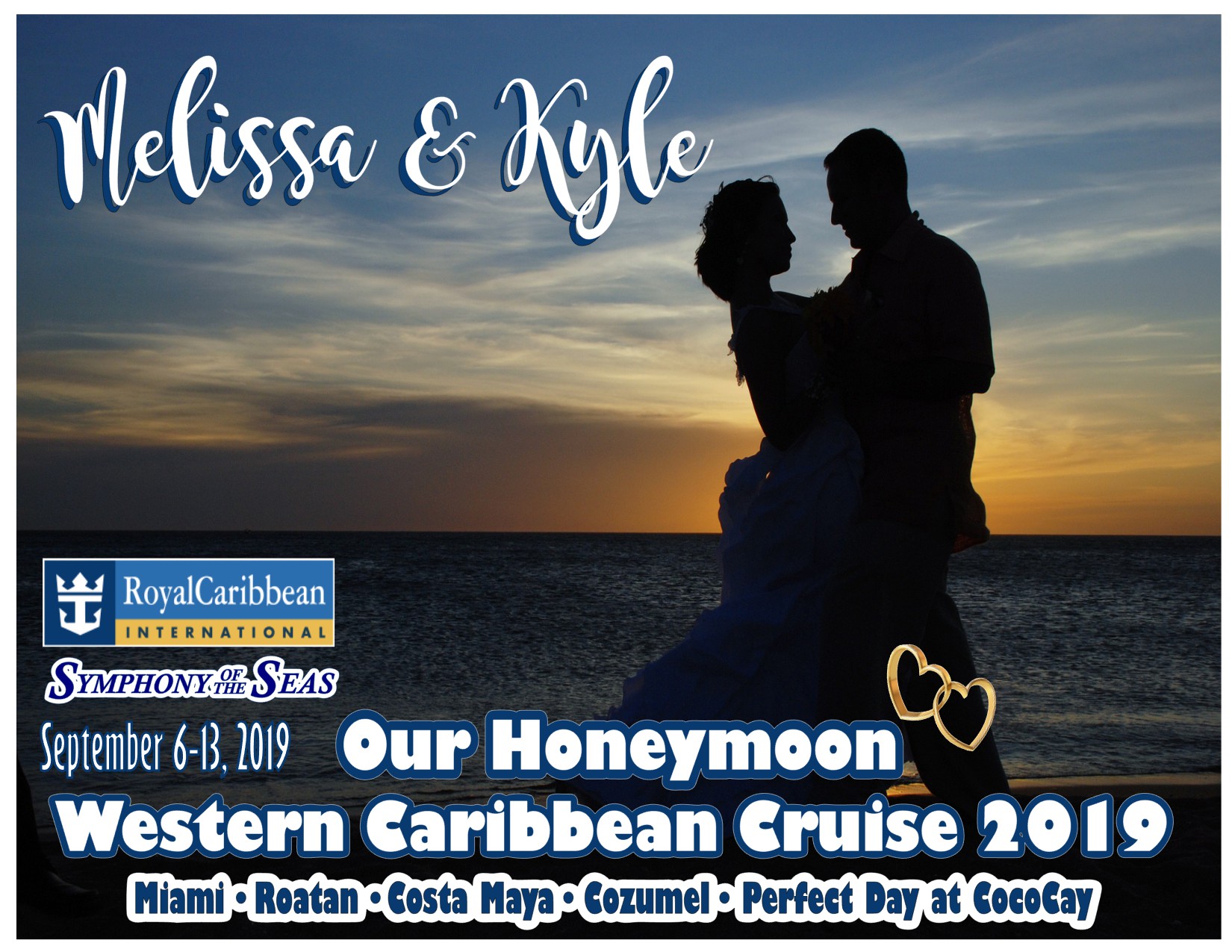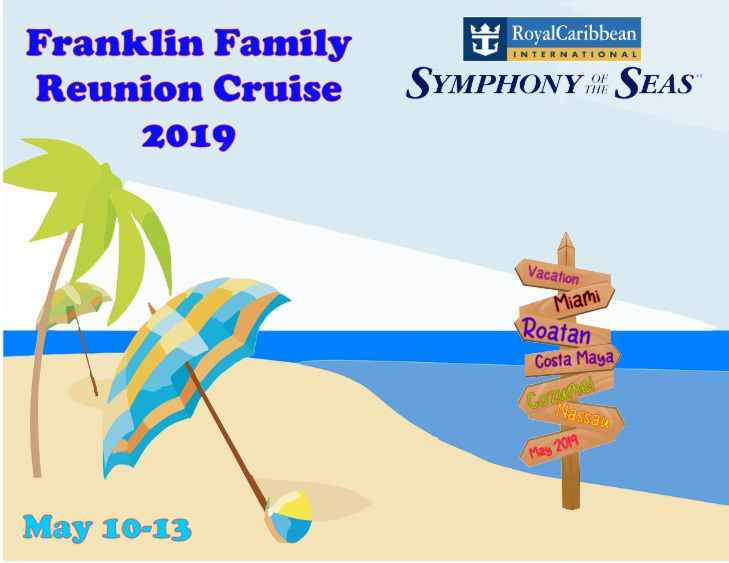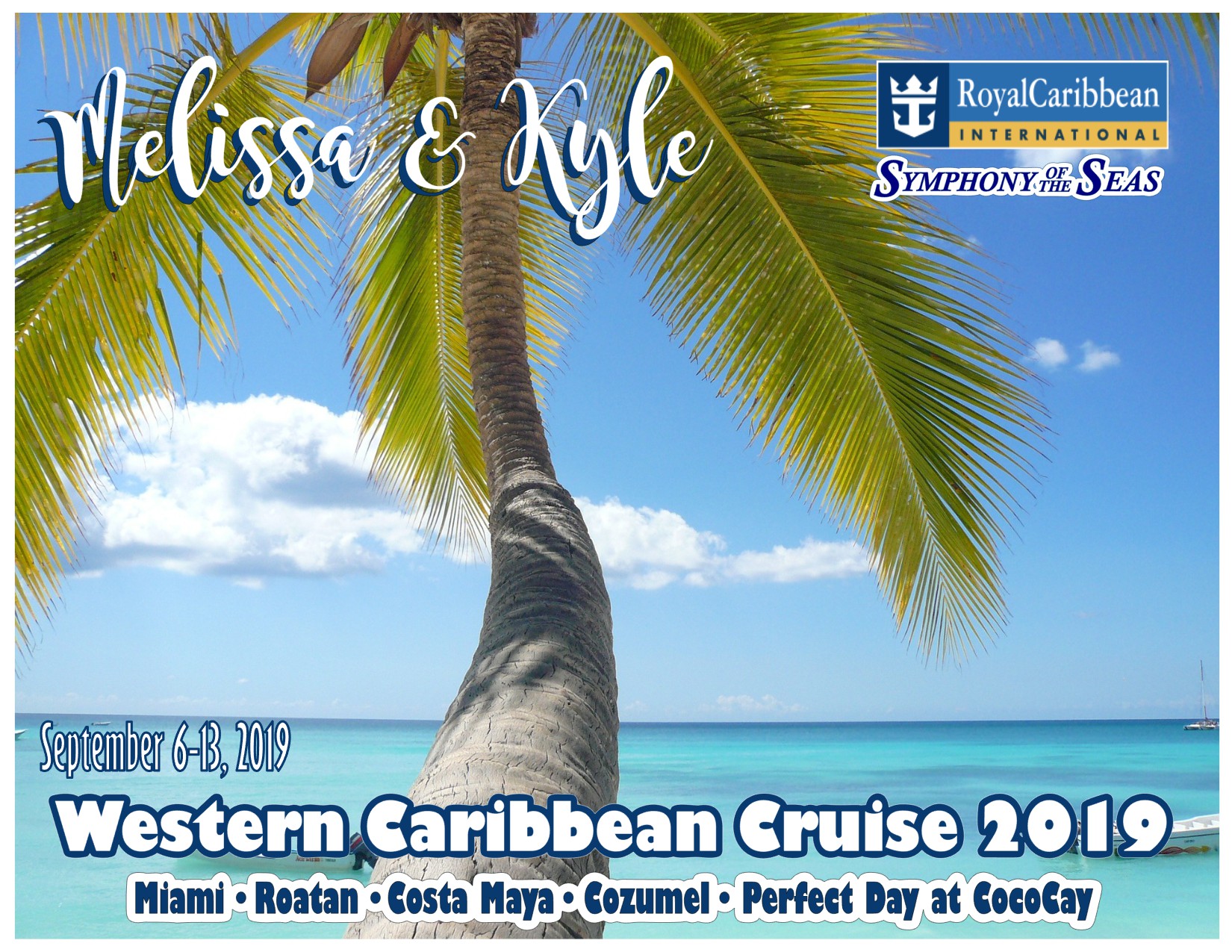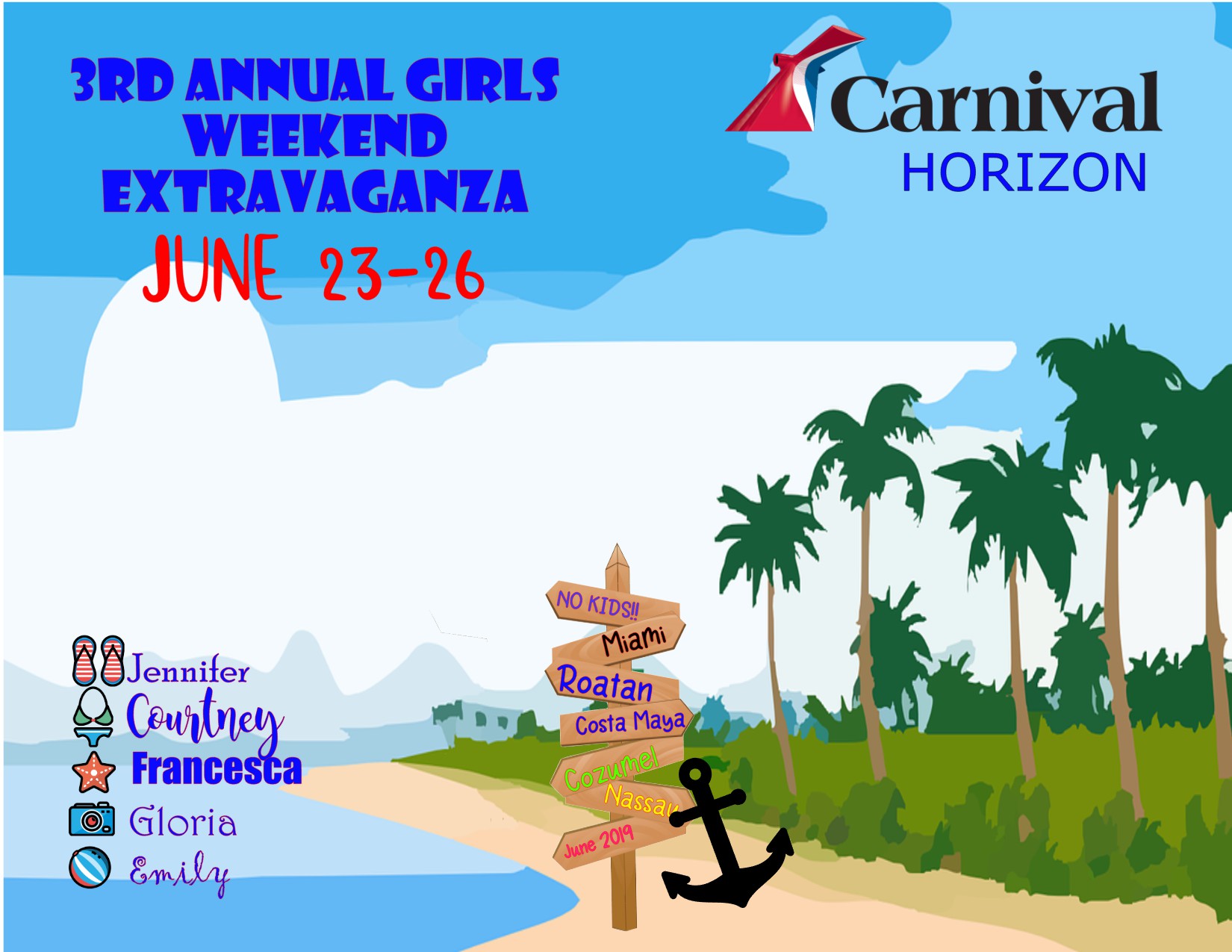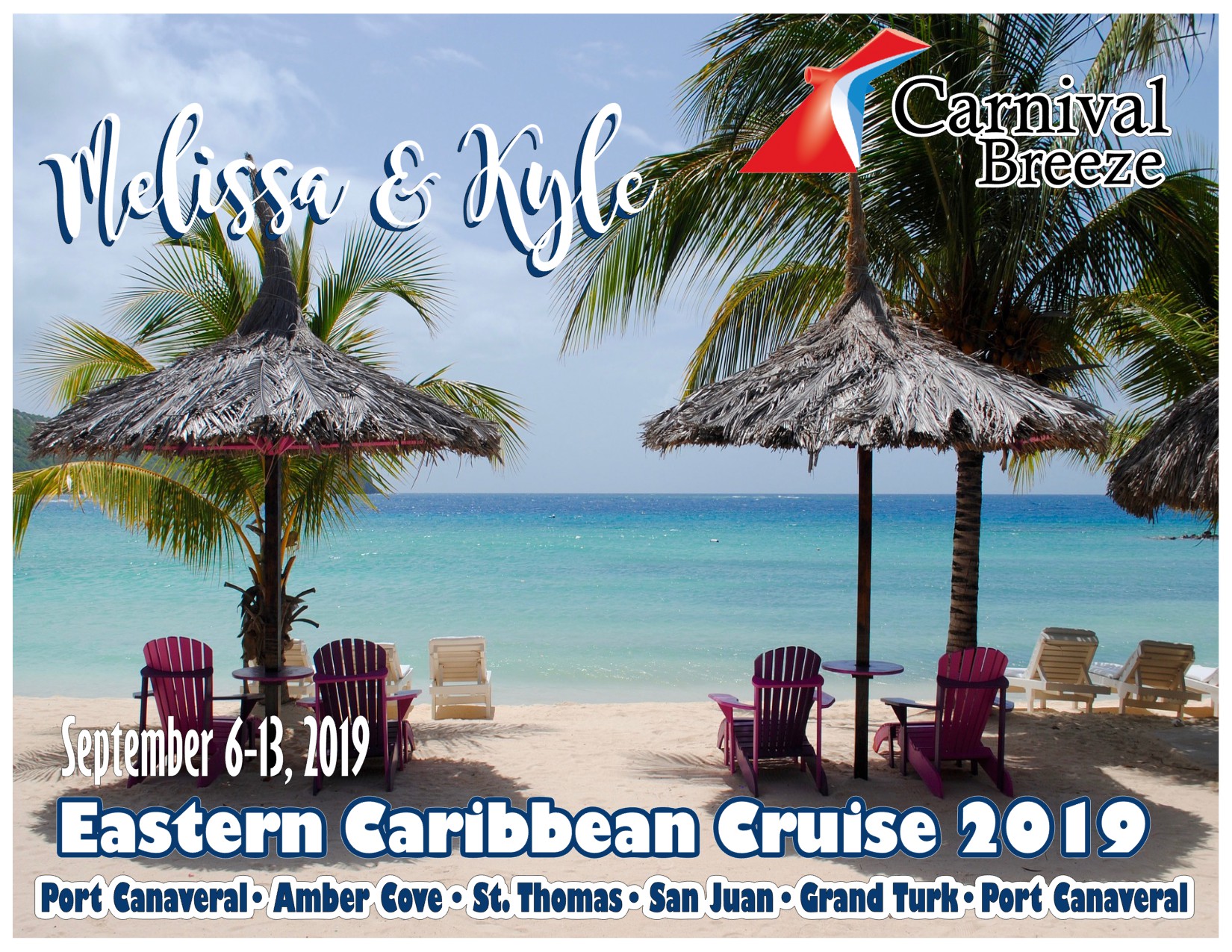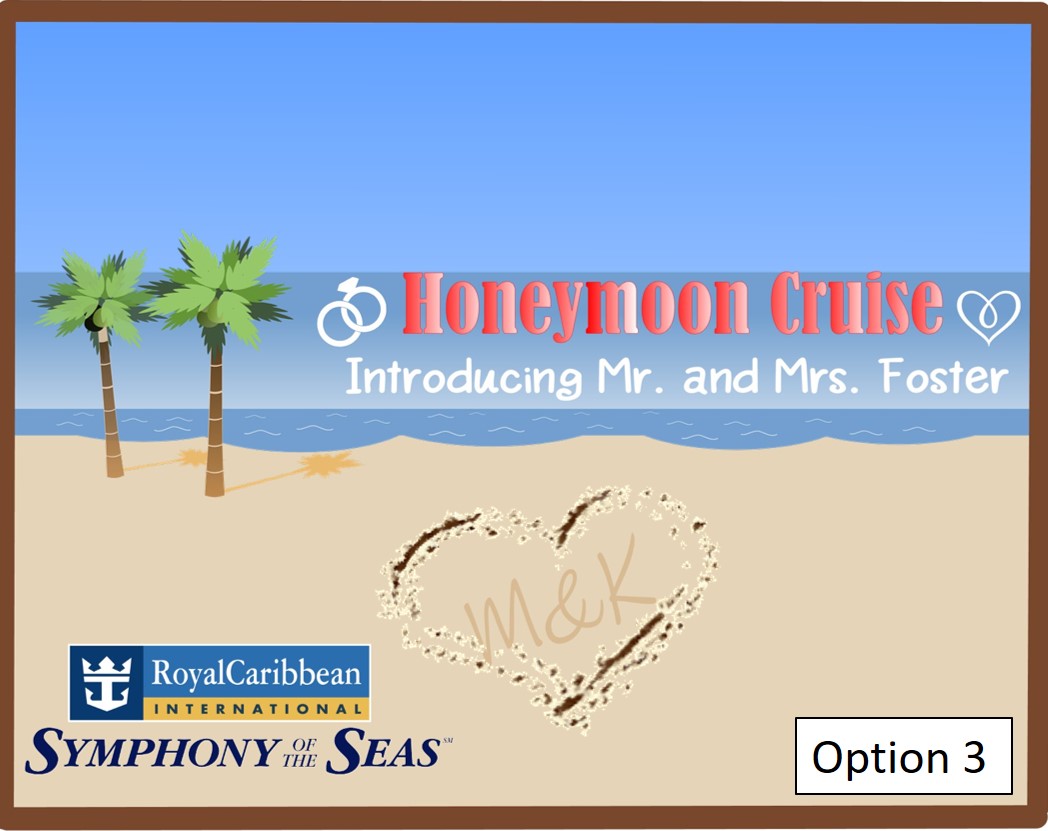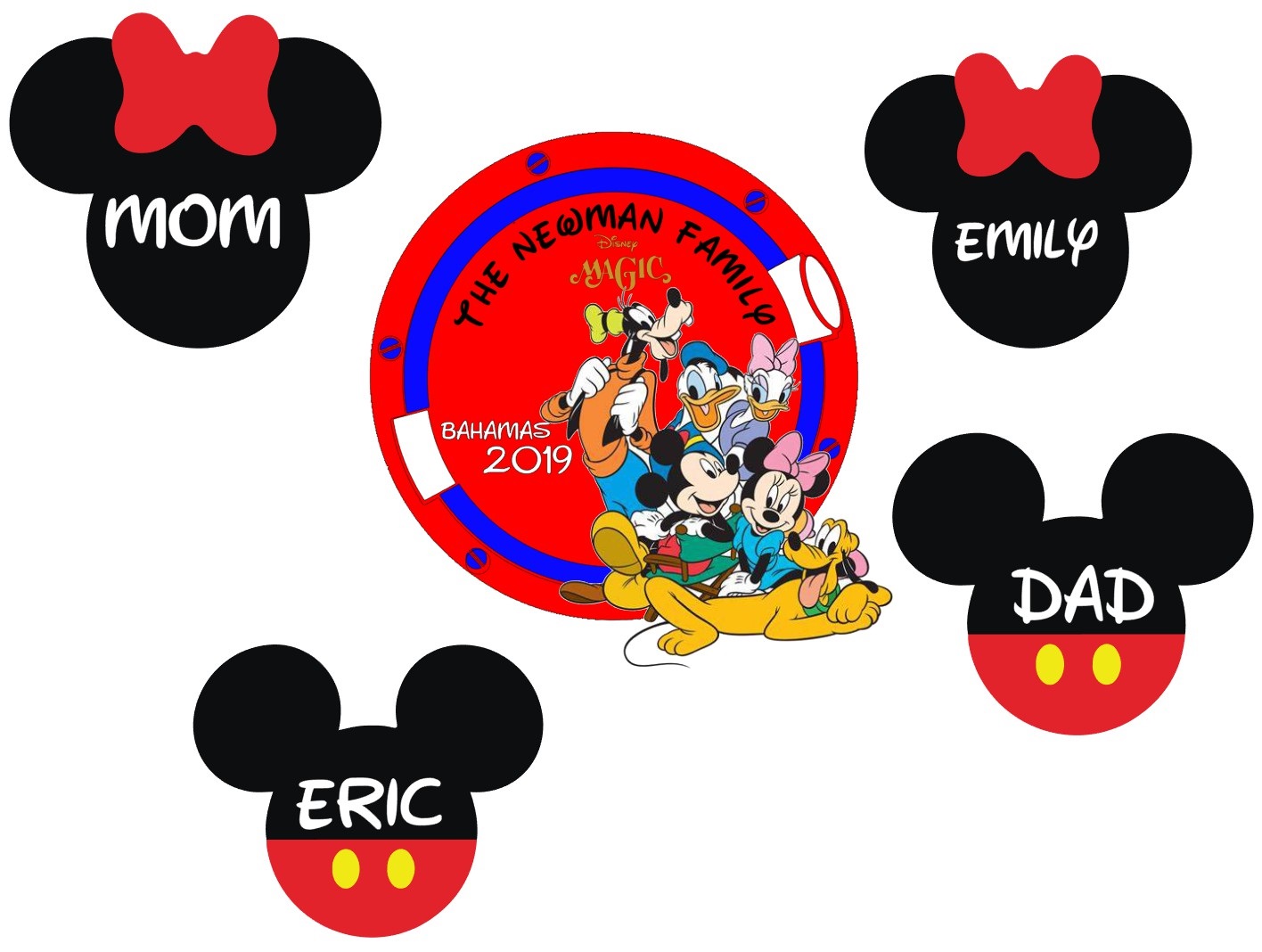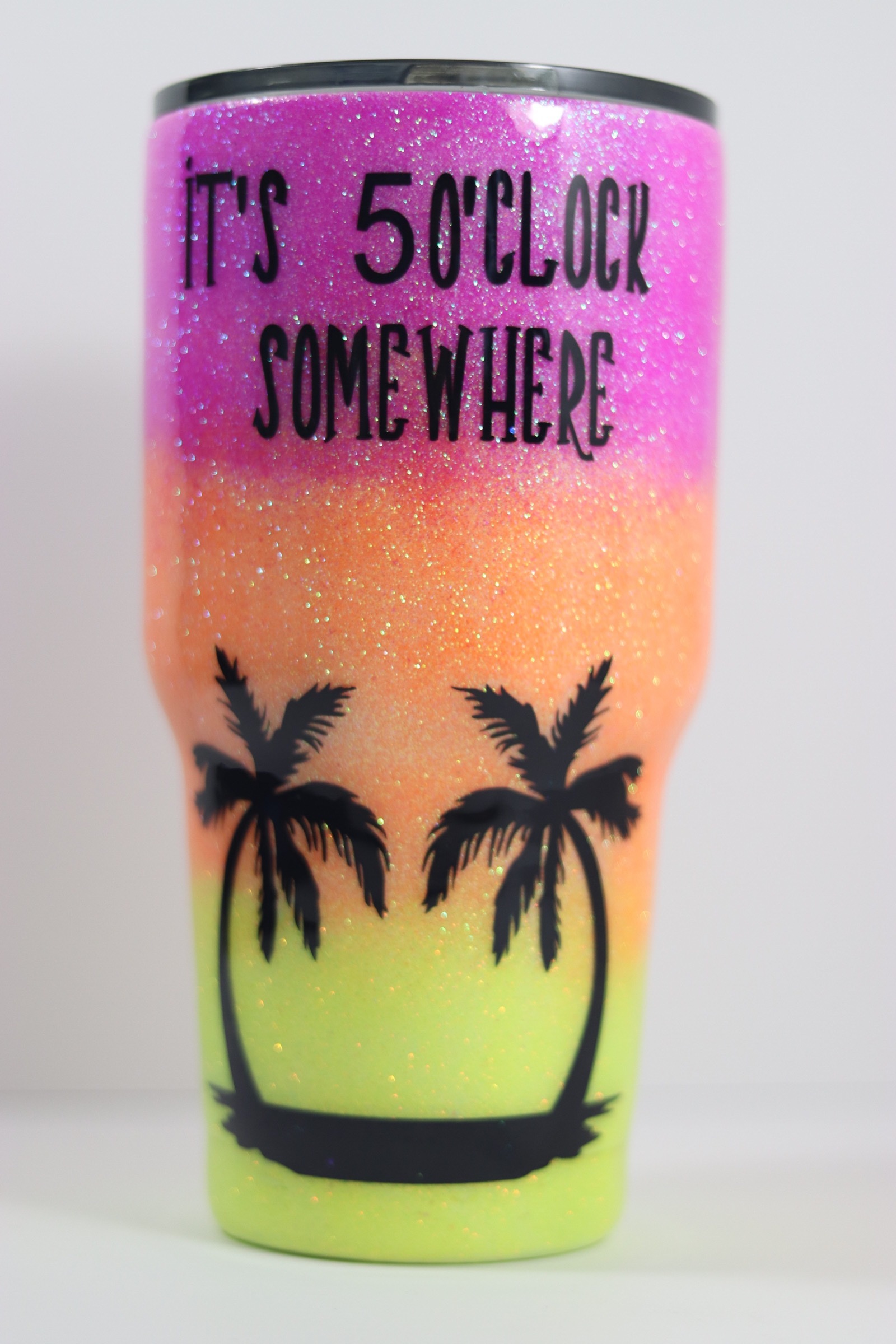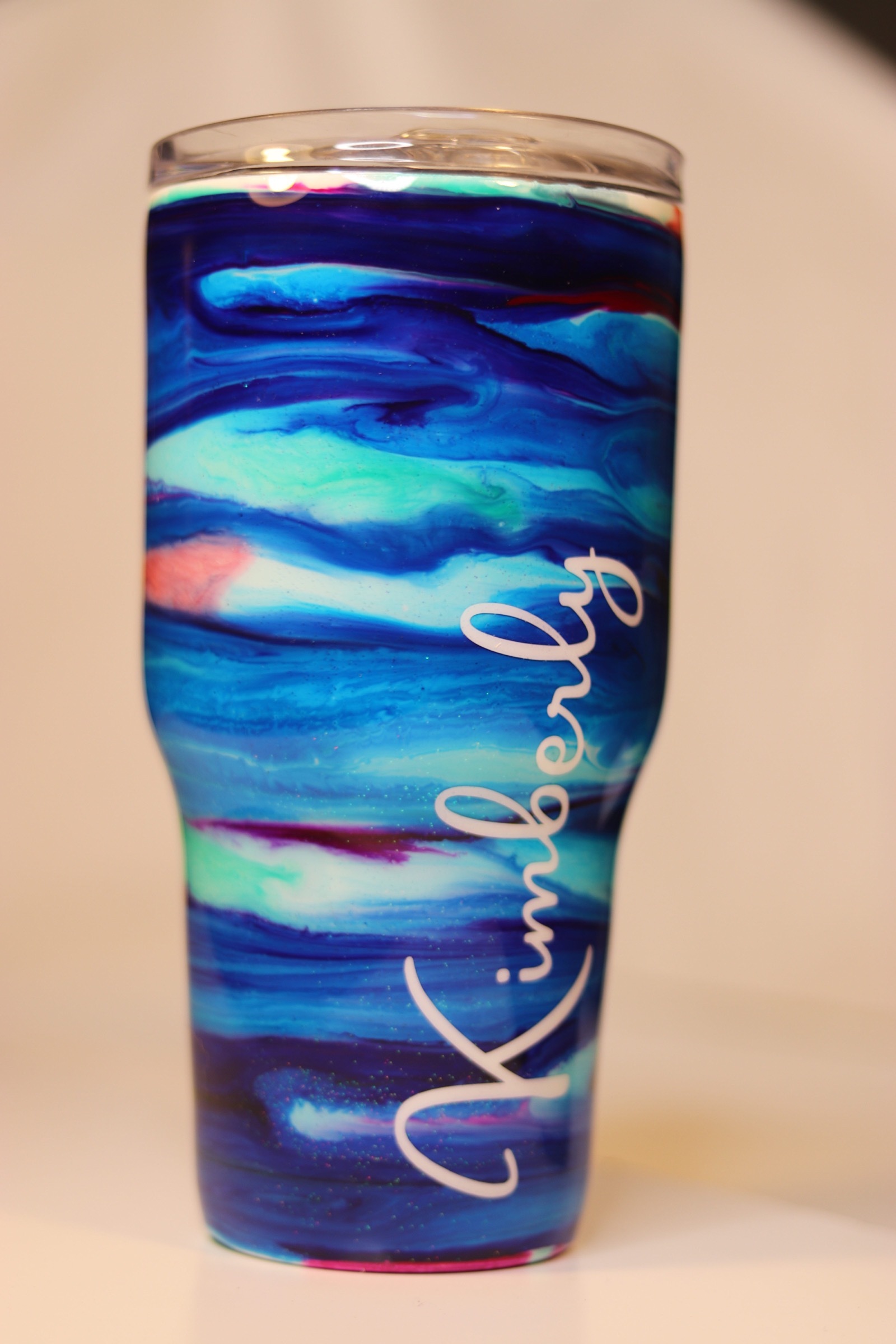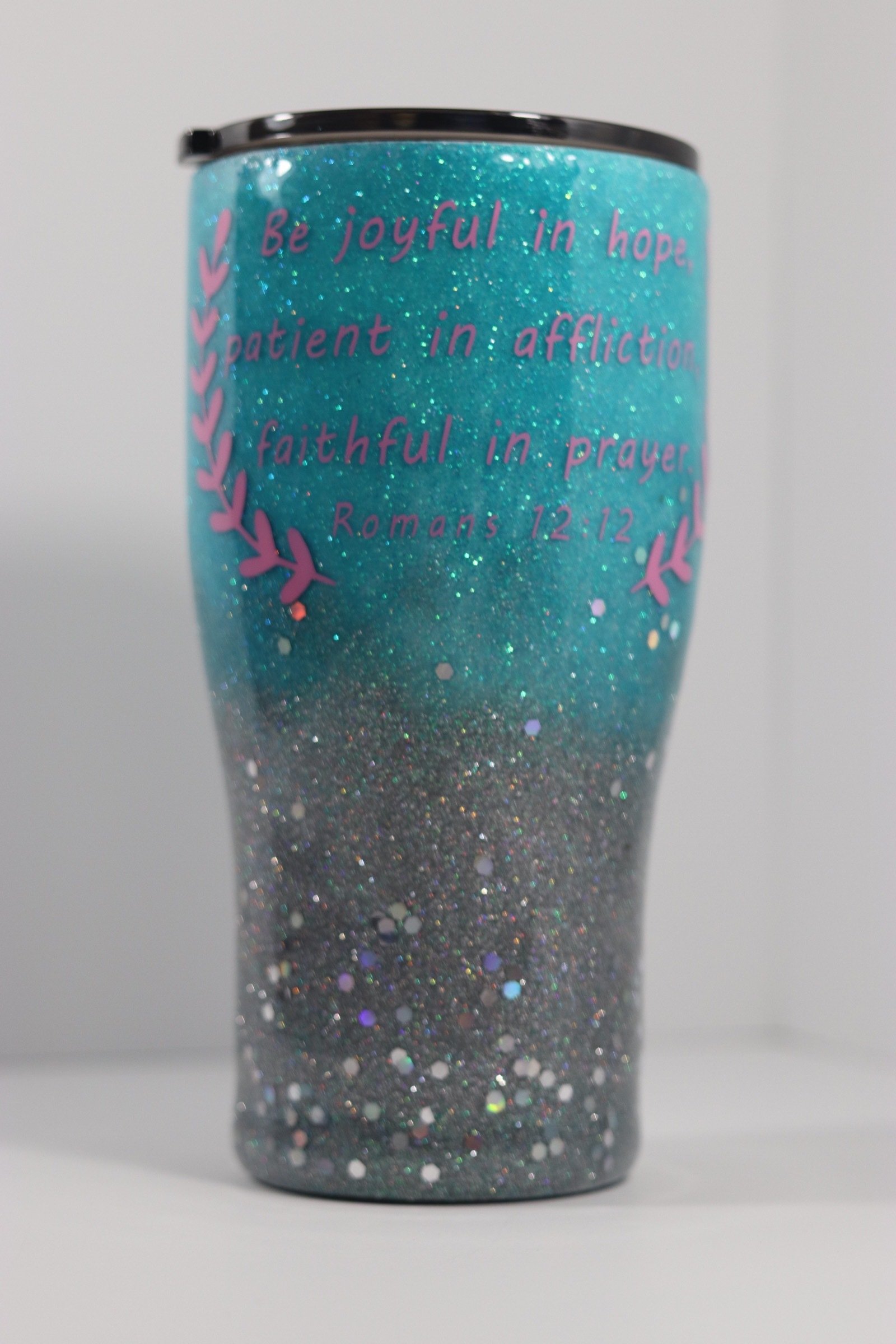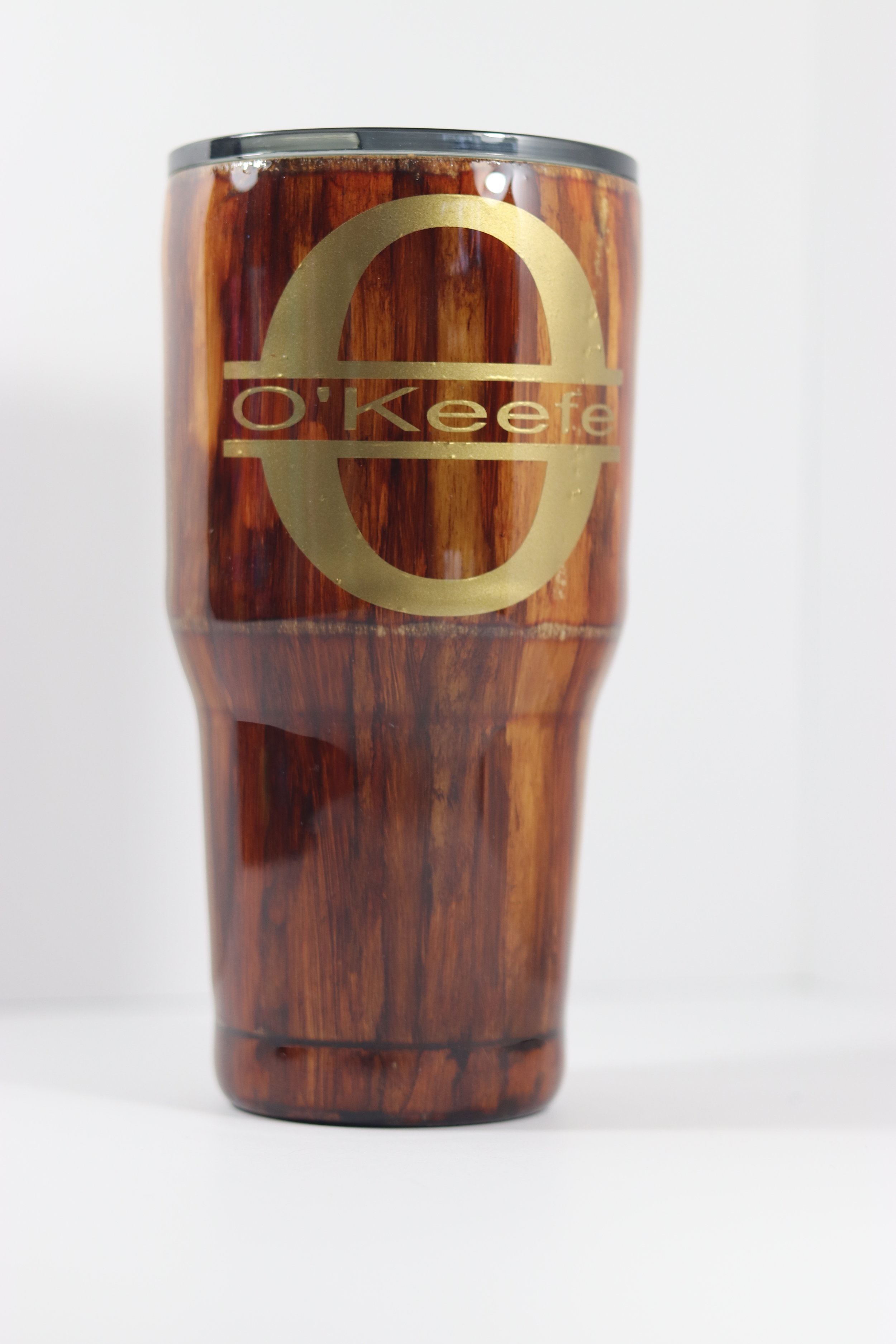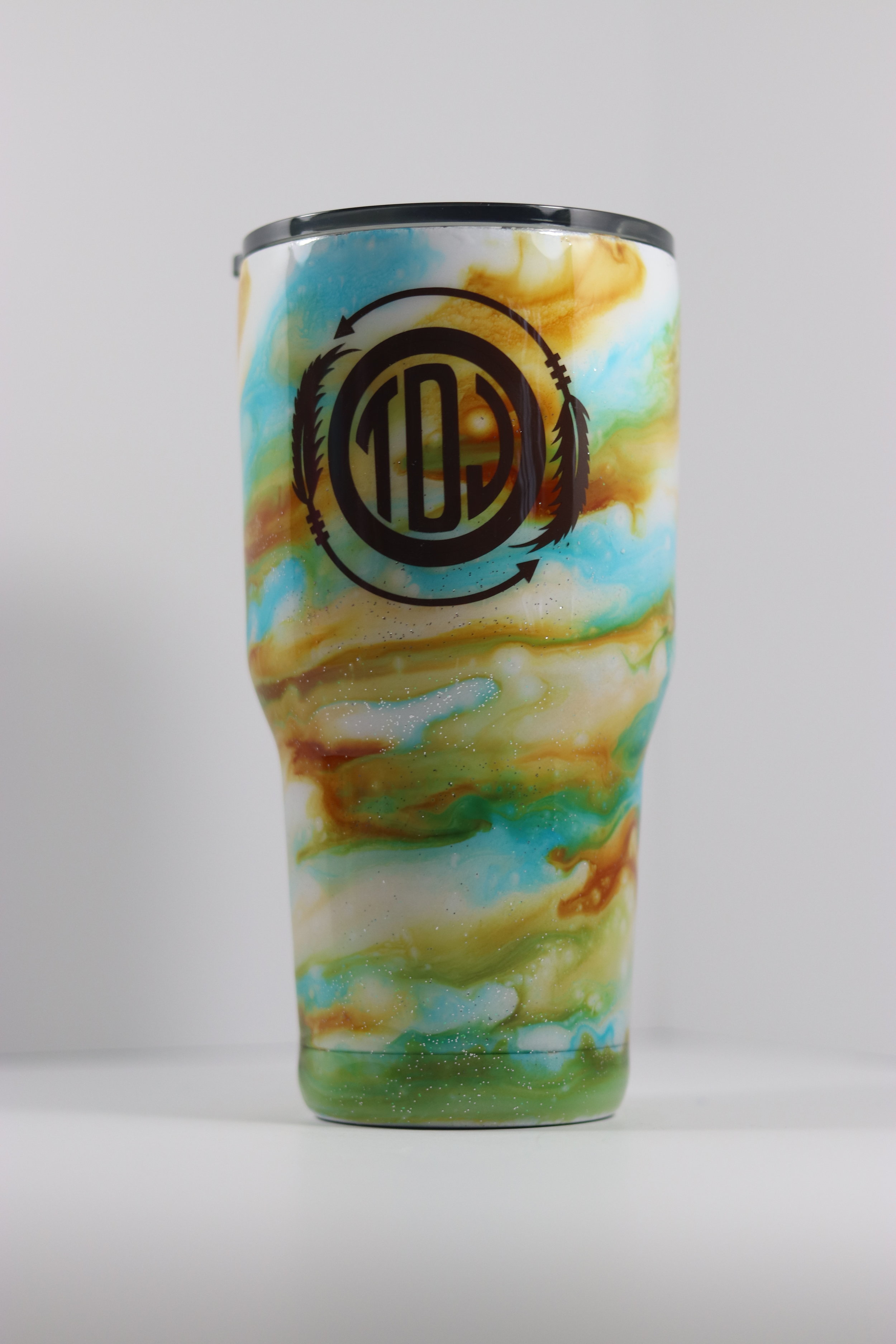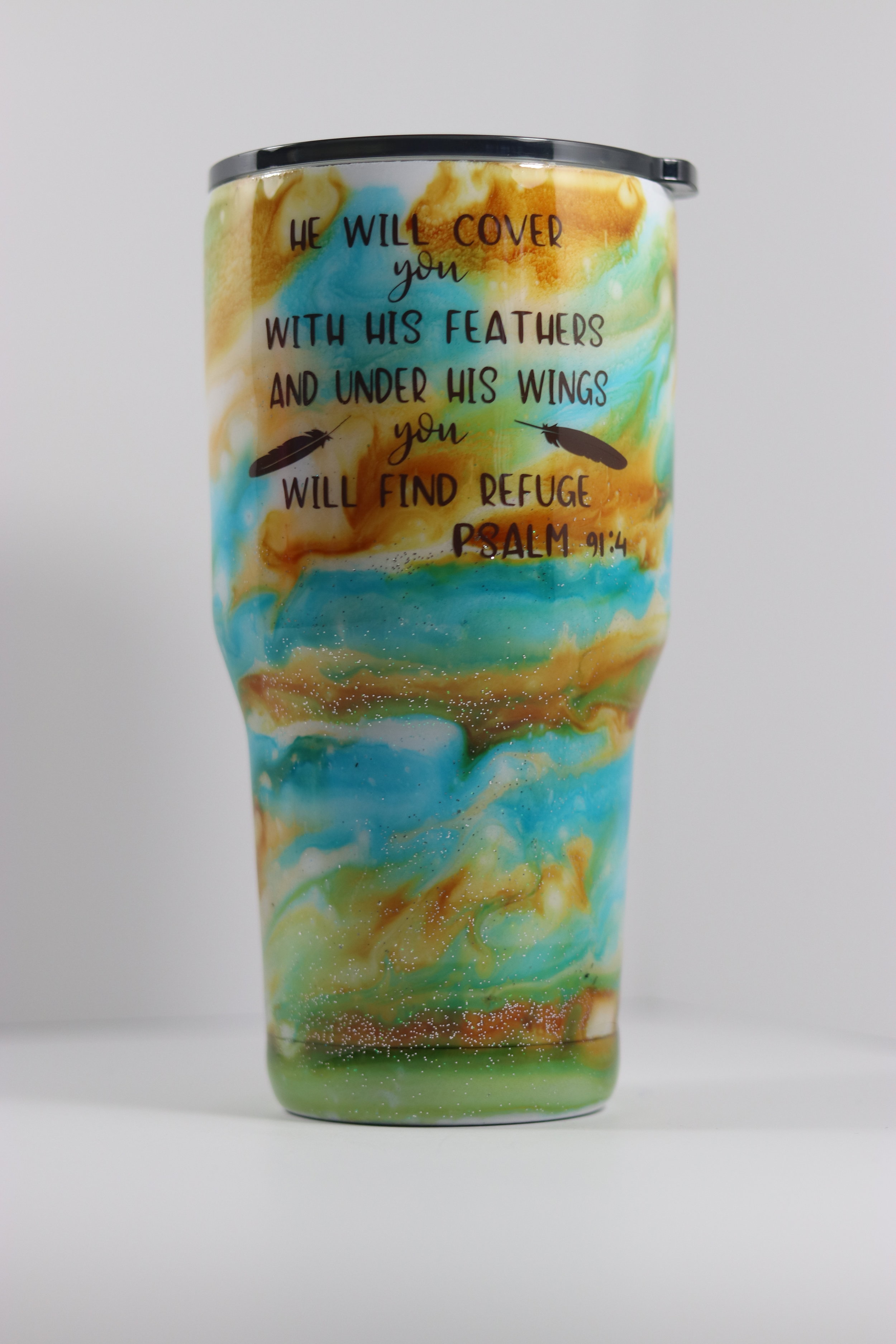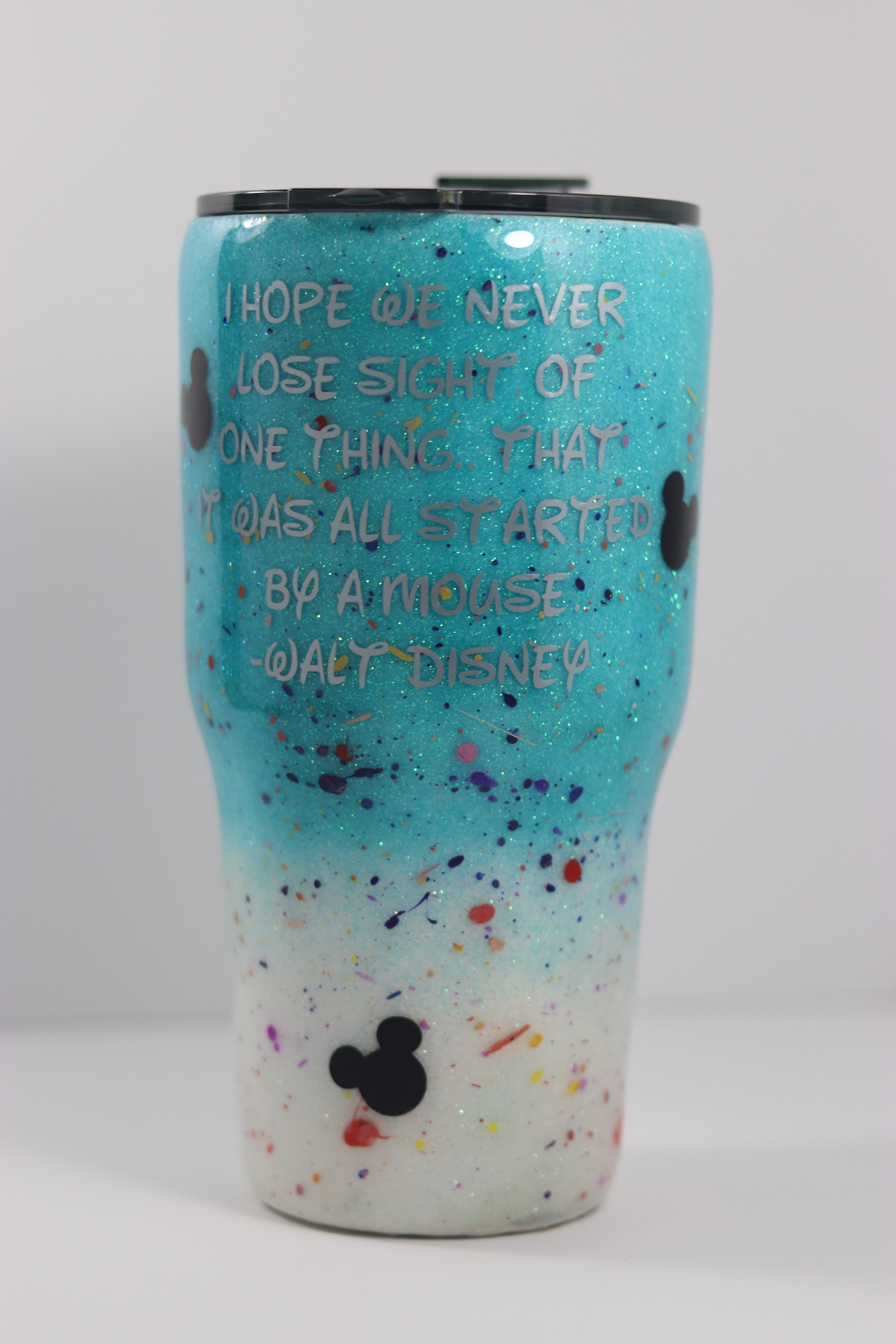Freeport, Grand Bahama Island History
The Spanish gave the island the name Gran Bajamar, meaning "Great Shallow Sea", which would eventually become the name of the Bahamas islands as a whole is derived from. Grand Bahama's existence for almost 200 years was largely supported by these "great shallows" - the coral reefs surrounding the island were treacherous and repelled the Spanish explorers but attracted pirates, who would lure ships onto the reefs where they would run aground and be plundered. The Spaniards took little interest in the island after enslaving the native Lucayan inhabitants which called the island home from before the time Columbus arrived in 1492.
Bahamian history is recorded back to a date most of us know well, October 12, 1492. Christopher Columbus made landfall in the New World on an island in the Bahamas that he named San Salvador. Columbus was looking for gold and riches in the new world. Neither Columbus nor the explorers who followed him ever found gold or riches in the islands. The first European settlers came to the Bahamas in 1648 and the islands were claimed by Great Britain in 1670. Piracy continued to thrive for at least half a century after the British takeover, though the problem was eventually brought under control.
Grand Bahama was to remain relatively quiet until the mid-nineteenth century, with only around 200-400 regular inhabitants in the capital, West End. The island remained under-developed until a brief boom in economic activity during the American Civil War, when it was a center for blockade runners smuggling goods (mostly weaponry, sugar and cotton) to the Confederacy. A second brief smuggling boom occurred during the years of prohibition in the USA.
Grand Bahama Island saw it's first significant number of settlers and developers in 1955. Wallace Groves, a Virginian financier with lumber interests in Grand Bahama, was granted 50,000 acres of pineyard with substantial areas of swamp and scrub by the Bahamian government with a mandate to economically develop the area. Freeport has grown to become the second most populous city in the Bahamas and is considered the industrial capital of the Bahamas. The Grand Bahama Port Authority (GBPA) operates the free trade zone, under the Hawksbill Creek Agreement signed in August 1955 whereby the Bahamian government agreed that businesses in the Freeport area would pay no taxes before 1980, which was later extended to 2054. The area of the land grants has been increased to 138,000 acres to increase the overall area affected by the agreement and allow for more free trade and duty free areas to promote growth, commerce and tourism.
